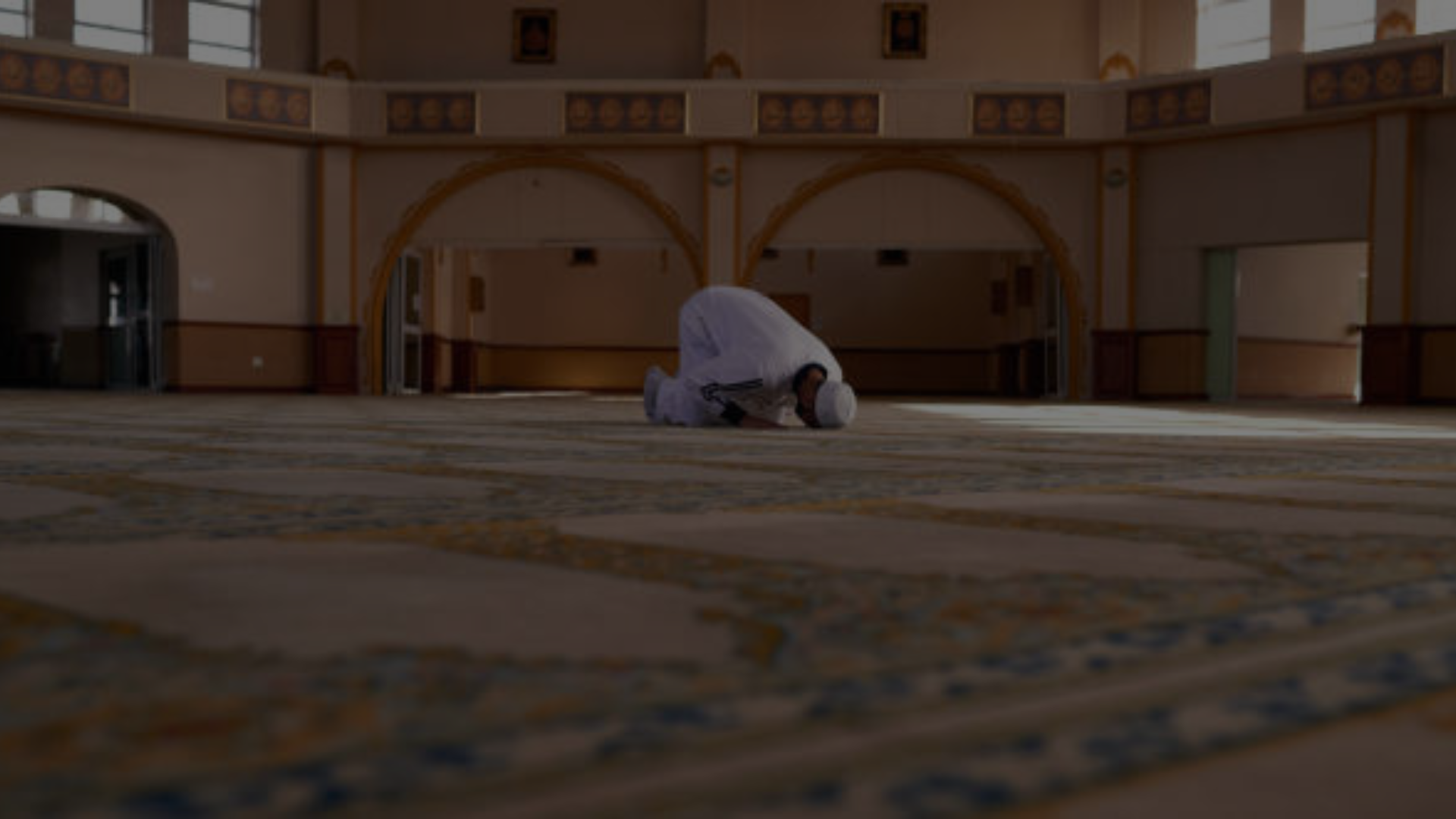Islamic Spiritual Treatment
Islamic spiritual treatment refers to the use of Islamic principles, practices, and rituals for healing and addressing various spiritual, psychological, and physical issues. It is grounded in the teachings of Islam and aims to seek healing and well-being through a deep connection with Allah (God) and adherence to Islamic practices.

Here are some aspects commonly associated with Islamic spiritual treatment:
Prayer (Salah)
Regular prayer is a fundamental aspect of Islamic spiritual treatment. Muslims believe that praying and seeking guidance from Allah can provide comfort, strength, and healing.
Recitation of Qur'an
The recitation of the Qur'an, the holy book of Islam, is believed to have healing properties. Specific verses or chapters (Surahs) may be recited for different purposes, such as seeking protection or alleviating distress.
Supplication (Dua)
Muslims make supplications to Allah, asking for help, guidance, and healing. There are specific supplications that are recommended for various situations.
Ruqyah (Spiritual Healing)
Ruqyah is the recitation of specific verses from the Qur'an for the purpose of spiritual healing and protection. It is often used to treat conditions attributed to evil eye, possession, or spiritual afflictions.
Seeking Blessings from the Prophet Muhammad (PBUH)
Muslims may seek blessings and guidance from the teachings and life of Prophet Muhammad (peace be upon him) as a source of comfort and healing.
Charity (Sadaqah)
Giving to those in need, also known as sadaqah, is believed to have healing effects on the giver and can bring blessings.
Fasting (Sawm)
Fasting, not only during the holy month of Ramadan but also on other recommended days, is considered a way to purify the soul and seek closeness to Allah.
Tawbah (Repentance)
Seeking forgiveness and repenting for one's sins is an essential part of Islamic spirituality and healing.

It's important to note that Islamic spiritual treatment should be approached with sincerity, faith, and respect for the teachings of Islam. Consulting with knowledgeable religious scholars or spiritual advisors can provide guidance on appropriate practices and how to seek healing through Islamic teachings.
Additionally, for issues related to mental health or medical concerns, it's advisable to also seek professional help from qualified medical and mental health professionals in conjunction with seeking spiritual guidance.









